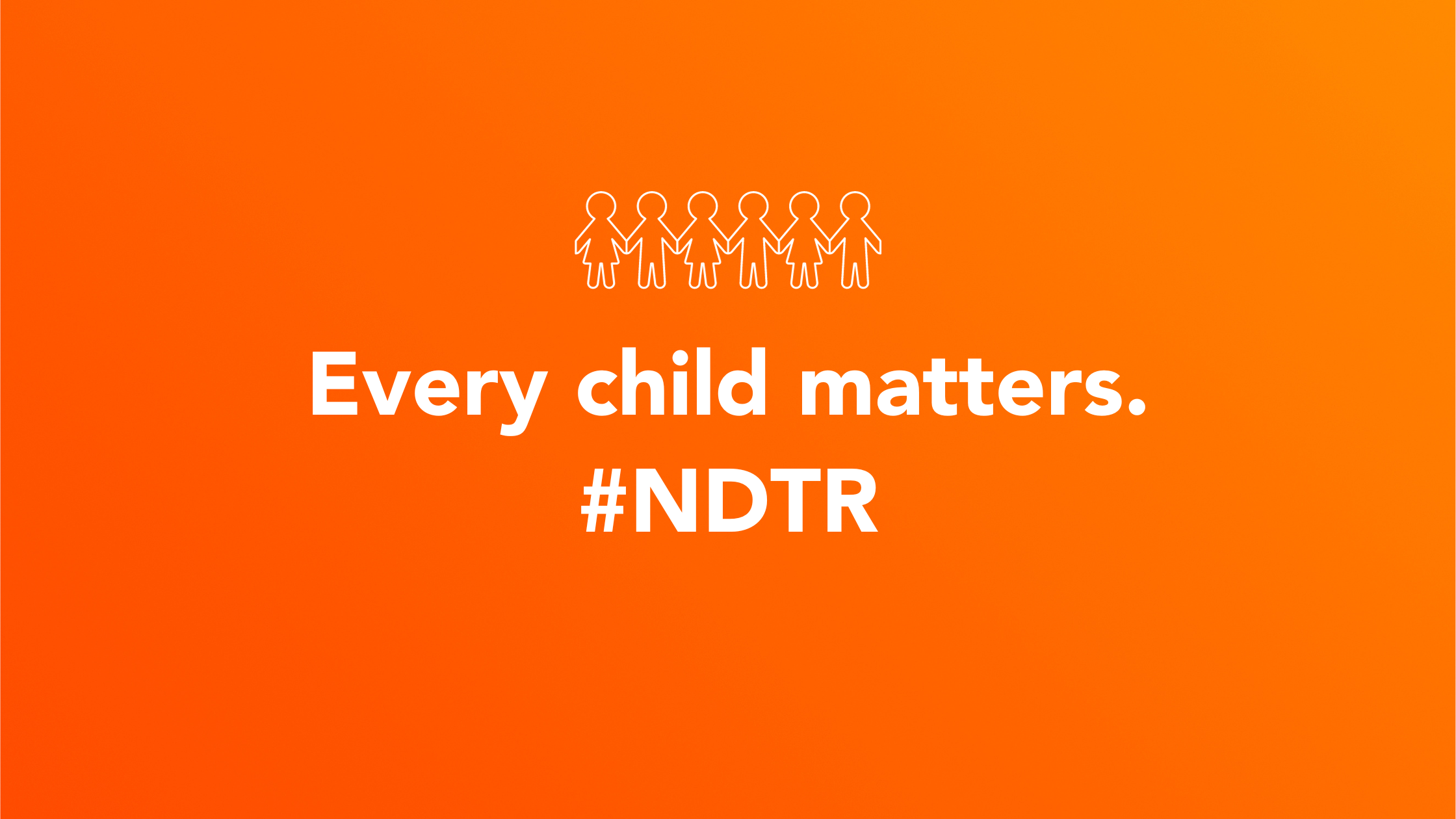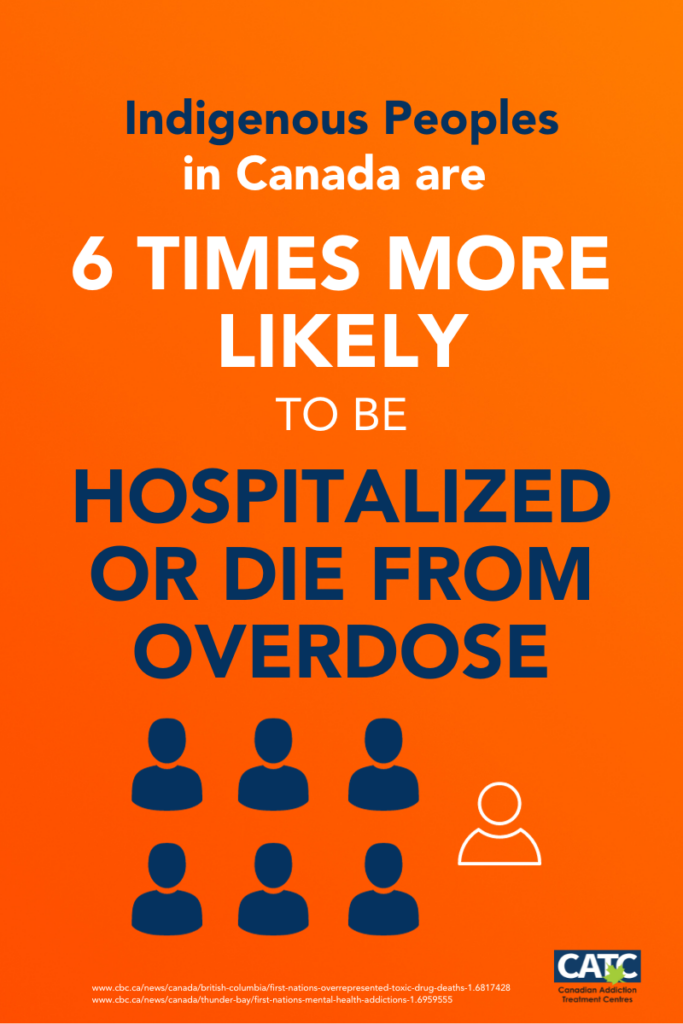We commit to being active allies in Truth and Reconciliation
We commit to being active allies in Truth and Reconciliation
September 30th is the third annual National Day for Truth and Reconciliation—a day to confront the ongoing effects of intergenerational trauma on Indigenous Peoples as a direct result of colonialism and the residential schools system in Canada.
The facts are undeniable: Indigenous people are an estimated six times more likely to be hospitalized or die from drug-related causes. Generations of violence, discrimination and subjugation have created deep rifts preventing equitable access to quality health care and necessary supports for people who use drugs in these communities, as well as causing higher rates of underlying mental health challenges.
At a number of our clinics, Indigenous people make up the majority of our patients. Whether in downtown Vancouver’s East End or Northern Ontario, we’re proud to be supporting them in their recovery, and continue to stand by our communities in their fight for justice and reparations.
At the same time, we recognize that we have work to do.
CATC remains deeply committed to being an ally in truth and reconciliation, and are putting that commitment into action in several key ways:
- Making our annual donation to the Orange Shirt Society.
- Embedding Truth and Reconciliation into our onboarding program for new care team members.
- Exploring ways to expand learning opportunities for current team members across the organization.
- Continuing to support Indigenous communities through respectful collaborative partnerships that expand access to culturally appropriate, evidence-based treatment for substance use disorder in both our outpatient and inpatient divisions.
- Exploring new ways to improve and enhance our service delivery to better meet the needs of Indigenous Peoples.
Through our hand-in-hand work with numerous First Nations across the country, we have seen for ourselves the pressing need for better access to culturally-appropriate, land-based supports for substance use disorder. As more communities declare states of emergency in response to growing rates of overdose, we will remain on the front lines of care building capacity for same-day access to evidence-based opioid agonist treatment that meets their needs. We also continue to work with Indigenous-led organizations to support clients at our inpatient centres and through our virtual intensive outpatient addiction treatment program.
Want to be an ally for Indigenous Peoples in Canada? Here’s how to get started.
With a problem as complex and deeply rooted as this, it can be hard to see what we as individuals can do. But you can make a difference in several meaningful ways.
1. Wear orange. The quickest and easiest way to show your support is to wear orange on and leading up to September 30th.
2. Learn about the issues. There are many great sources of information about Truth and Reconciliation available. Here are some places to start:
a) Learning resources about First Nations, Inuit and Métis across Canada
b) National Day for Truth and Reconciliation
c) Truth and Reconciliation Commission of Canada’s final report
d) This free online course from University of Alberta
3. Educate others. Once you have a solid understanding of Canada’s dark history of oppression, and the lasting effects, find opportunities to share that knowledge with others in a constructive way.
The best way to start is to listen for signs of prejudice or misunderstanding, and offer a thoughtful counterpoint that challenges the person’s point of view (without being too confrontational or making them feel embarrassed).
The best conversations that lead to changed minds start by meeting people where they are in their current level of understanding. Remember that not everyone has been exposed to the same information you have! Sometimes it’s as simple as saying something like “actually, that’s not true”, and pointing them towards credible sources of information like the ones listed above.
Today, and every day, we stand with Indigenous communities. Every child matters.

